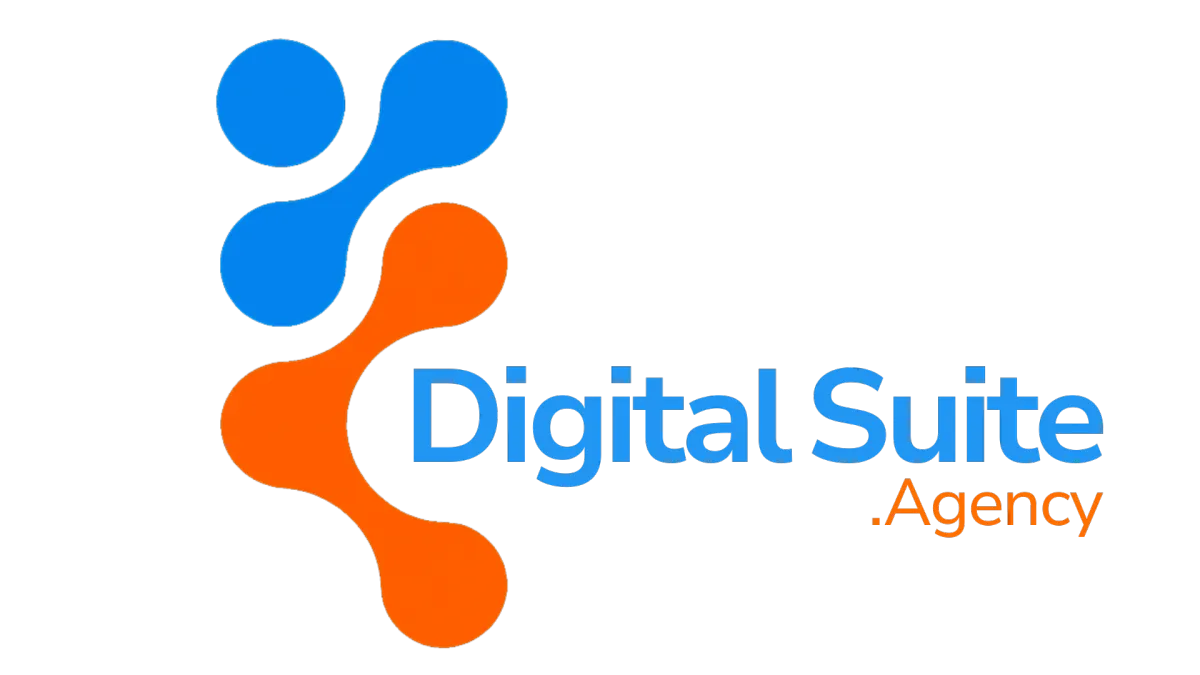
The Ethical AI Revolution in Professional Services
AI cannot yet replace human judgment completely. Each client has individual concerns that need personal attention. This reality sits at the heart of implementing AI in professional services.
While businesses across industries rush to deploy artificial intelligence at scale, professional service firms face unique challenges that require a more nuanced approach. The tension between automating routine tasks and maintaining the human expertise that clients expect creates both opportunities and risks that must be carefully navigated.
As McKinsey projects a $4.4 trillion productivity boost from AI implementation, professional service providers must ask themselves: How do we capture these efficiency gains without compromising the personalized service and professional judgment our clients expect?
The Professional Service AI Paradox
The greatest tension in implementing AI for professional services comes when dealing directly with clients. We want to provide that personal touch while not wasting time on tasks AI could handle. This balancing act requires careful consideration of which functions to automate and which to keep firmly in human hands.
AI can be trained to handle FAQs and initial data gathering, but there are still many areas that require personal involvement. The key is understanding where the technology can complement rather than replace human expertise.
For attorneys, accountants, and other professionals whose work involves complex judgment, the risk of over-automation is real. When firms implement AI without proper guardrails, they risk eroding critical thinking skills, logical processing abilities, and perhaps most importantly, the ability to read people.
These human capabilities form the foundation of professional services. No algorithm, however sophisticated, can fully replicate the nuanced understanding that comes from years of professional experience and human interaction.
Integrity-First AI Implementation
Implementing AI in professional services requires an integrity-first approach. Clients need to feel their needs are being properly met, regardless of whether it's done by AI or through personal attention. They need confidence they're being uniquely dealt with and that their information remains protected.
This means every interaction must be private and secure. Data protection programs must be integrated into all aspects of client communication and service delivery. When clients know their sensitive information is safe, they're more likely to embrace the efficiencies that AI can bring.
But security alone isn't enough. Professional service firms must also ensure that AI systems complement rather than replace human abilities. This requires designing AI programs that can learn from human interaction and pick up patterns in responses to make them seem more human, while avoiding over-patterning that makes interactions feel robotic.
The goal isn't to trick clients into thinking they're talking to a human when they're not. Rather, it's to create systems that handle routine matters efficiently while making it easy to access human expertise when needed.
The Human Backup Principle
When explaining AI use to skeptical clients, the most effective approach is reinforcing that although AI handles some aspects, human intervention is always available at the click of a button. If AI cannot immediately address concerns, clients can request human assistance.
This human backup principle provides reassurance that while technology may handle initial interactions, professional judgment remains at the core of the service. It acknowledges that while AI can enhance efficiency, it cannot replace the expertise and empathy that professionals bring to complex situations.
The principle also recognizes that different clients have different comfort levels with technology. Some may embrace fully automated solutions, while others prefer more traditional approaches. By offering options and making human expertise readily available, professional service firms can meet clients where they are rather than forcing them into unfamiliar territory.
Agentic AI and Professional Services
The emergence of "agentic AI" systems that can operate more autonomously represents both an opportunity and a challenge for professional service firms. These systems give companies time to focus more on actual work rather than wasting time with initial onboarding and data capture.
By automating routine administrative tasks, professionals can dedicate more attention to the complex aspects of their work that require human judgment and expertise. This shift allows for more meaningful client interactions and potentially better outcomes.
However, as AI systems become more autonomous, ethical guardrails become increasingly important. Professional service firms must ensure that automated systems align with professional standards and regulatory requirements. This is particularly crucial in regulated industries like law, where compliance with specific codes of conduct is mandatory.
The key is implementing AI in ways that enhance rather than diminish professional judgment. When done right, automation frees professionals from routine tasks so they can focus on the complex problems that require human expertise.
The Future of Professional Services
Looking ahead, AI will become increasingly implemented in initial contact, data gathering, and research for case studies. This evolution will free up significant time for professionals to focus on higher-value activities.
As AI reasoning capabilities improve, we can expect systems that better understand context and can handle more complex queries. This will further expand the range of tasks that can be automated, potentially transforming how professional services are delivered.
However, the core value of professional services will continue to lie in human expertise, judgment, and the ability to build relationships with clients. The most successful firms will be those that use AI to enhance these capabilities rather than trying to replace them.
The professional services landscape is changing, but the fundamental need for human judgment remains. By embracing AI as a tool that complements rather than replaces human expertise, professional service firms can improve efficiency while maintaining the trust and personal connection that clients expect.
Implementing an Ethical AI Framework
For professional service firms considering AI implementation, an ethical framework should guide the process. This framework should address not only technical considerations but also the ethical implications of automation.
Start by identifying which processes can be automated without compromising service quality or professional standards. Initial client intake, document management, and routine communications are often good candidates for automation.
Next, establish clear boundaries for AI use. Determine which decisions must remain in human hands and create protocols for escalating complex issues from automated systems to human professionals.
Transparency is also essential. Clients should understand when they're interacting with AI systems and how their data is being used. This transparency builds trust and helps manage expectations about the role of technology in service delivery.
Finally, continuously monitor and evaluate AI systems to ensure they're performing as intended and not introducing bias or other unintended consequences. Regular reviews and adjustments will help maintain alignment with professional standards and client expectations.
The Balance of Efficiency and Expertise
The most successful AI implementations in professional services find the right balance between efficiency and expertise. They automate routine tasks while preserving the human judgment that clients value.
This balance looks different for every firm and practice area. A corporate law practice might automate document review and due diligence, while a family law practice might focus on streamlining client intake while keeping consultations entirely human-led.
The key is understanding both the capabilities and limitations of AI in your specific context. What works for one firm may not work for another, and what's appropriate for one practice area may be problematic in another.
By taking a thoughtful, client-centered approach to AI implementation, professional service firms can improve efficiency without sacrificing the quality and personalization that clients expect. The goal isn't to replace professionals with technology but to give them better tools to serve their clients.
Conclusion
The ethical AI revolution in professional services isn't about replacing human expertise with algorithms. It's about finding the right balance between automation and human judgment to deliver better service more efficiently.
As AI becomes more sophisticated, professional service firms have unprecedented opportunities to streamline operations and enhance client experiences. But realizing these benefits requires careful implementation that prioritizes integrity, transparency, and human expertise.
The firms that thrive in this new landscape will be those that view AI as a complement to professional judgment rather than a replacement for it. They'll use technology to handle routine tasks while focusing human attention on the complex problems and relationships that truly matter.
By embracing an integrity-first approach to AI implementation, professional service firms can improve efficiency while maintaining the trust and personal connection that form the foundation of their client relationships. That's not just good ethics, it's good business.

